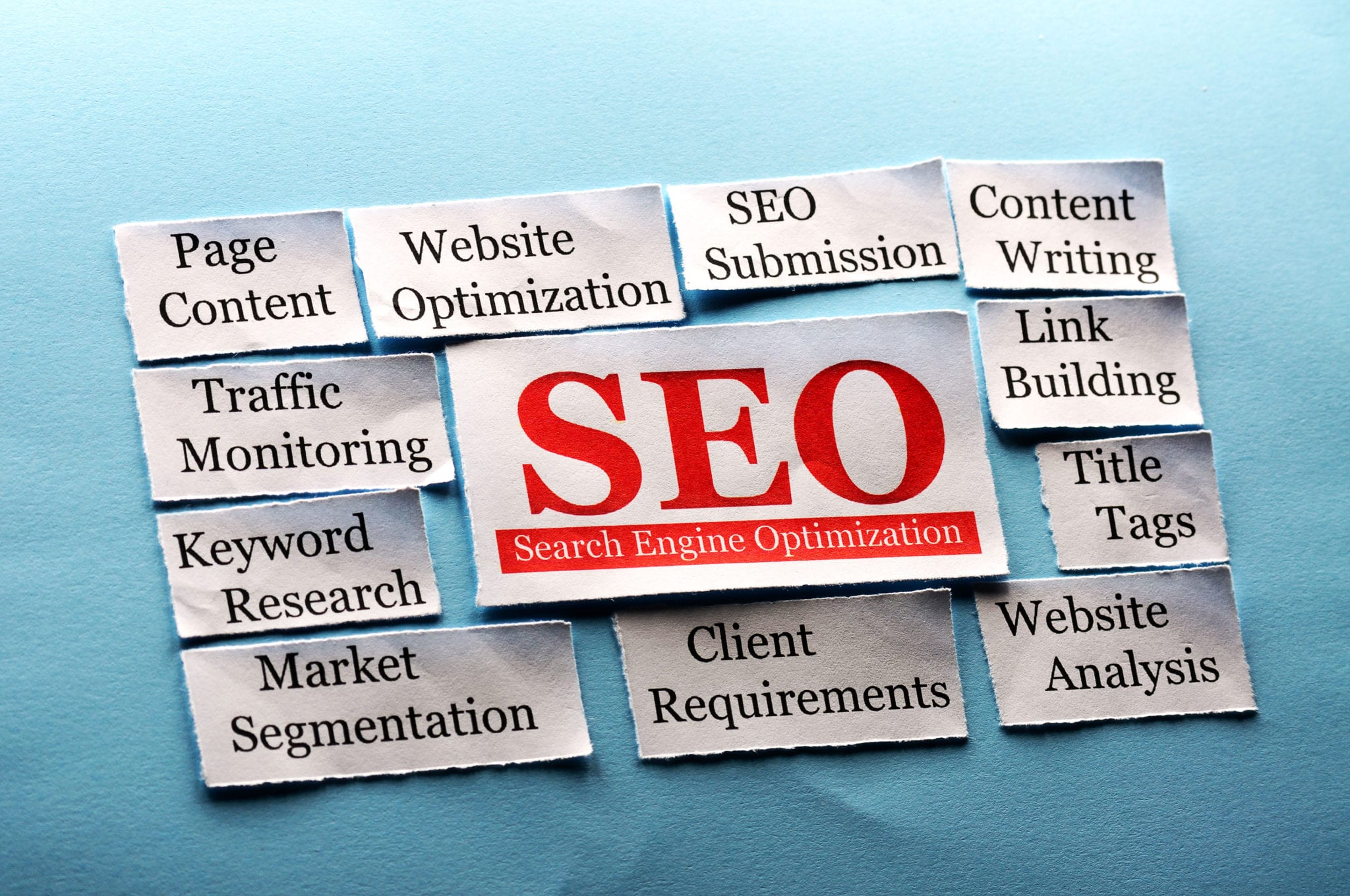“The easiest way to learn something is by doing it.”
Unfortunately, following this philosophy is not recommended for Search Engine Optimization.
But despite this, many people are still entering the
Now, if you’re new to
In this article, I’ll share a list of 7 basic
#1 – Not Selecting the Right Keywords
Keyword research is one of the most important activities of
Yet, not selecting the right keywords is also one of the first mistakes most
The best way to identify and choose the right keywords is first to understand your target audience.
Simply ask yourself – “What are the keywords your target audience is typing the search box”?
And once you have a list of the right keywords to target, try adding some LSI keywords to your list as well.
LSI basically stands for Latent Semantic Indexing, and these LSI keywords can help you rank on top SERP positions faster.
You can easily find LSI keywords at the bottom of Google’s search results page, as shown in the screenshot below.

#2 – Keyword Stuffing
Keywords are crucial for
Keyword Stuffing basically means adding too many keywords to your website’s content at the cost of its quality.

As you can see in the above example, the overuse of the keyword Custom Cigar Humidors makes the content very annoying to read.
More importantly, it also hurts the authority score of the website.
Therefore, it is highly recommended to avoid the keyword stuffing tactic and insert keywords moderately and naturally in your website content.
#3 – Creating Bad Quality Backlinks
If you’ve read any
However, many
To get the best from your
Apart from this, another important thing you need to keep in mind while creating outbound backlinks is the anchor text.
Anchor Text helps search engine bots understand what the link is about and how it will be beneficial for readers.
So, besides creating quality outbound backlinks, you also need to be smart about the Anchor Text you use while creating backlinks.
The best practice is to use your Primary Target Keywords as Anchor Text whenever you’re generating outbound backlinks for your website. It will not only improve your website’s authority score, but it will also push up the rankings of your primary target keyword in the Google SERPs.
#4 – Skipping Title Tag and Meta Description
In
Another key factor for ranking higher on SERPs and increasing authority score is the Title Tag & Meta Description of every page on your website.

Both Title Tag & Meta Description basically inform searchers about your content.
And more importantly, Google also analyzes your title tag & meta description to rank your content accordingly on its search results page.
Therefore, when publishing new content on your website, pay extra attention to the title tag & meta description, and make sure to include your primary target keyword naturally in both.
#5 – Publishing Poor Quality Content
When it comes to content, quality has always been and will always be more important than Quantity.
In other words, it’s better to publish fewer high-quality articles on your website than lots of spammy articles.
Granted that a limited amount of quality articles won’t bring the results instantly, but it will also not hurt your website’s authority score.
On the other hand, if you publish lots of poor quality content, your readers will soon get annoyed seeing poor quality content and quit visiting your website altogether, which will ultimately hurt your website’s authority score in the long run.
So, ask yourself how much quality content you can produce in a month realistically and maintain that number every month.
#6 – Not Fixing Broken Links
Broken links are one of the top enemies when it comes to increasing your website’s authority score.
If your website has too many internal or external broken links, it will basically send a report to Google indicating that your website is outdated and it’s not good.
On the other hand, when you regularly fix broken links on your website, it not only eliminates the status of an outdated website in Google’s eyes, but it also helps to increase the authority score of a website in the long run.
So, create a plan to check & fix broken links either weekly or monthly regularly. There are even many plugins available for WordPress users like Broken Link Checker to detect broken links on your website automatically.

#7 – Not Utilizing Google Analytics
Google Analytics is a free and one of the best data analytics software available in the market.
It helps you monitor your website traffic, rankings of your keywords, which pages generate the highest page views, the number of visitors bouncing off your websites, and much more.
Despite such invaluable insights, many
If you learn how to use Google Analytics properly, it will help you a lot in increasing your website’s traffic and its authority score.
There are even hundreds of free tutorial videos available on YouTube to learn Google Analytics quickly.
Concluding Thoughts
The Authority Score of a website is a vital factor for ranking your website on top positions on Google’s SERPs and boost traffic.
Hopefully, after reading this article, you now know all the basic mistakes that
So, avoid these mistakes the next time you’re performing
Thanks for reading. If you learned something from this article, please consider sharing it on social media platforms.
DepositPhotos – SEO


